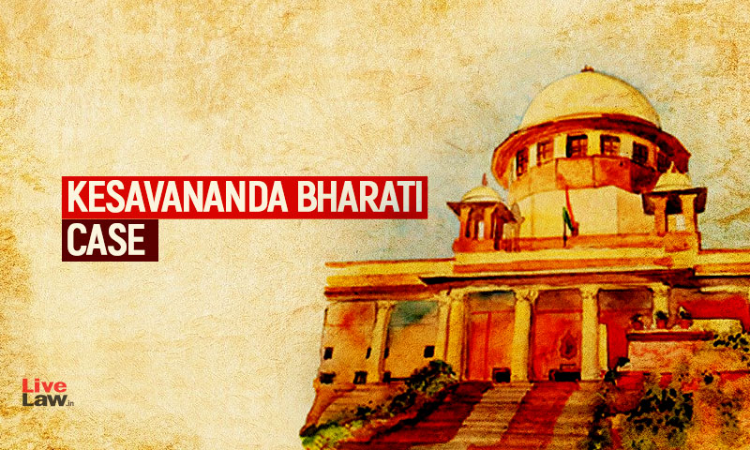Supreme Court Releases Videos On Historic 'Kesavananda Bharati' Judgment In 10 Indian Languages
Padmakshi Sharma
7 Dec 2023 11:22 AM IST

Next Story
7 Dec 2023 11:22 AM IST
On December 7, 2023 the Chief Justice of India (CJI) DY Chandrachud announced that the Keshavananda Bharti judgement video, commemorating the 50th anniversary of the landmark case, is now available in 10 Indian languages on the Supreme Court's website. CJI Chandrachud emphasized the importance of breaking down language barriers to make the work of the court accessible to a wider section...
